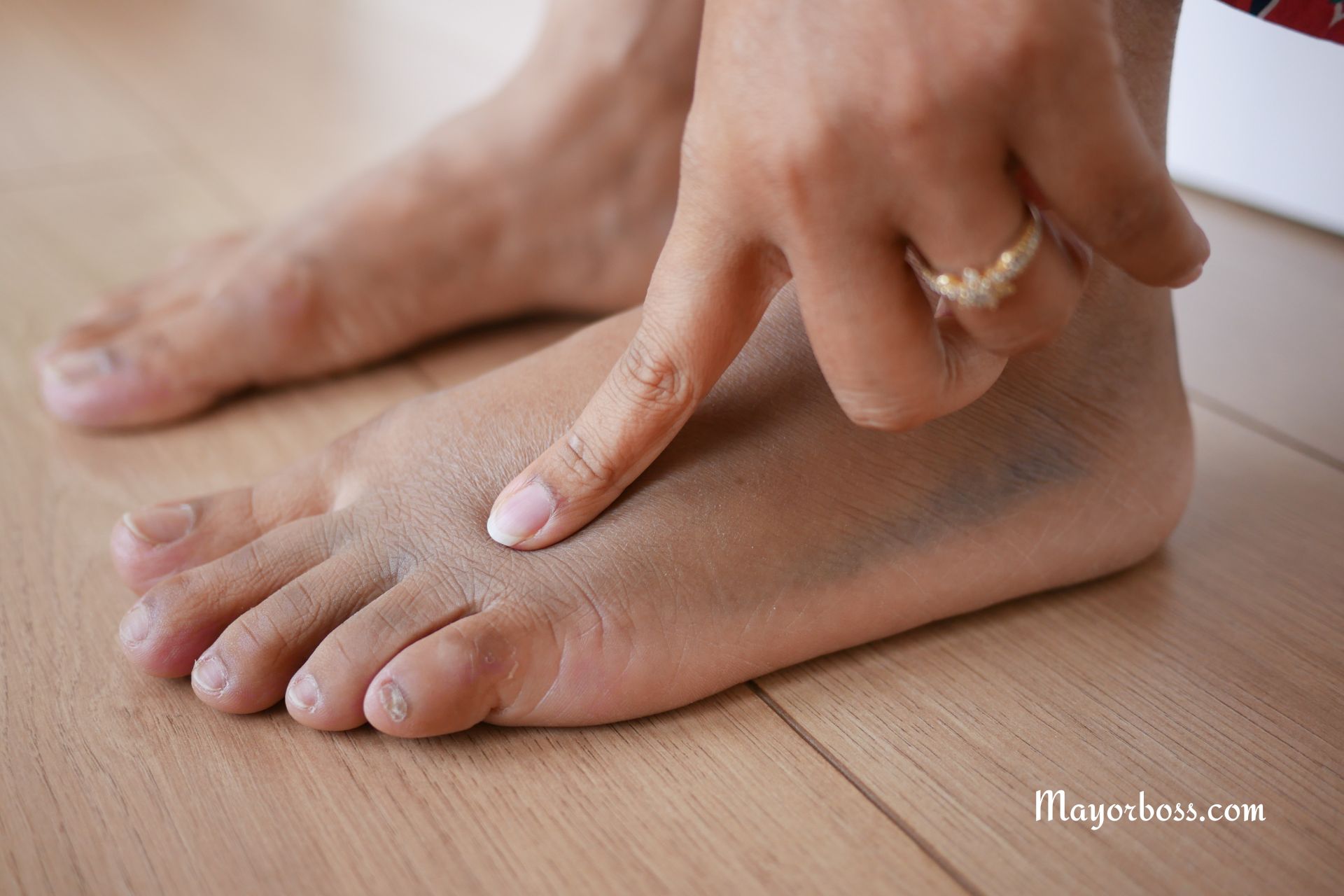Here’s Why Even Fit People Get Out of Breath Climbing Stairs
You might be someone who works out a lot or runs often. But then, one day, you find yourself out of breath after just a few flights of stairs. You might wonder, “How is this happening? Aren’t I supposed to be fit?” Well, you’re not alone. Even very fit people often feel out of breath when climbing stairs. Dr. Iroko Anita, a certified medical doctor, explains why this happens.

Your Body Needs Time to Adjust to Sudden Energy Demands
The main reason why climbing stairs can leave you gasping for air is that it’s an unexpected spike in physical activity. Usually, when you exercise, like running or lifting weights, your body knows what’s coming. You warm up slowly so your heart, lungs, and muscles are ready for the effort.
But when you suddenly decide to climb stairs, your body doesn’t have time to prepare. Your heart rate jumps up quickly, your muscles start needing more oxygen, and your lungs work harder to catch up. Basically, the energy demand shoots up so fast that it takes your cardiovascular system by surprise.
According to Dr. Anita, sudden bursts of activity can make anyone feel out of breath, even if they are fit. This is because your heart and muscles need a moment to adjust to the sudden increase in effort.
Climbing Stairs Uses Different Muscles Than Regular Exercise
You might think that because you exercise regularly, your body should handle stairs easily. But climbing stairs is different, even compared to running or cycling. It means lifting your whole body weight against gravity with every step. The quadriceps, glutes, and calf muscles work much harder than in most other exercises, says Dr. Anita.
The action of lifting your body weight over and over again works for many muscle groups at once, which makes it harder than it seems, she explains. Even if you’re used to running on flat ground, the upward movement of stair climbing uses your muscles in a different way, which can make you feel out of breath.
Climbing Stairs Uses Both Aerobic and Anaerobic Energy
When you’re walking or jogging at a steady pace, your body mostly uses aerobic energy. This means your body uses oxygen to turn glucose into energy. But climbing stairs is more like a short burst of activity that also uses anaerobic energy, which doesn’t rely on oxygen but instead uses stored energy like glycogen.
This means that when climbing stairs, your body switches between energy systems to handle the sudden demand. Switching between these systems can leave you feeling out of breath. Dr. Anita explains that switching from aerobic to anaerobic activity causes lactic acid to build up, which makes your muscles burn and makes you need to breathe harder.
Gravity and Muscle Power Make Stair Climbing Harder
Another major reason is gravity. Climbing stairs means lifting your entire body weight against gravity, step after step. This is much harder than walking on flat ground because you are always pushing your weight upward, Dr. Anita further explains. Essentially, gravity makes climbing stairs a full-body workout, even if it doesn’t take long.
The movement also needs a lot of power from your glutes and quadriceps, which are some of the largest muscles in your body. These muscles need a lot of oxygen and energy to keep working hard. That’s why, even if you are fit, gravity combined with the need for muscle power can leave you feeling out of breath.
Your Fitness May Be Focused on Other Activities
Specificity is an important idea in fitness. If you’re a runner, your body is used to long periods of steady exercise. But stair climbing is more like a short, intense sprint rather than a long jog.
Dr. Anita says being good at one type of exercise doesn’t mean you’ll be good at another. So, even if you are fit for running, your body might not be ready for the demands of stair climbing.
To build up stamina for activities like climbing stairs, doctors suggest adding high-intensity interval training (HIIT) or specific stair-climbing exercises to your workouts.
Anxiety and Poor Breathing Make It Worse
Another reason you might feel out of breath is anxiety and bad breathing habits. When you rush upstairs, it’s easy to forget to breathe properly. Many people take shallow breaths, which don’t fill the lungs completely, leading to less oxygen intake, notes Dr. Anita. Shallow, rapid breaths can make you feel out of breath very quickly.
The sudden effort can also trigger a stress response, especially if you’re already tired or surprised by how hard it feels. This can increase your heart rate and cause hyperventilation, making you feel even more out of breath.
Dr. Anita suggests that practicing deep breathing can help you get more oxygen into your lungs, helping you feel less out of breath.
Muscle Fibers Affect How You Climb Stairs
Your muscles have different types of fibers, mostly slow-twitch and fast-twitch. Slow-twitch fibers are used for long-lasting activities, while fast-twitch fibers are for quick, powerful movements. Climbing stairs uses a lot of fast-twitch fibers, which aren’t always trained for endurance.
Your ability to climb stairs without getting winded depends partly on your muscle fiber type, says Dr. Anita. If you haven’t trained for explosive movements, your fast-twitch fibers can get tired quickly, which makes you feel winded. She also says adding exercises like squats, lunges, and jump training can help strengthen these fibers.
Body Weight
When you climb stairs, you’re lifting your whole body weight against gravity. The more weight you have to lift, the more energy your body needs, which means more effort for your heart and lungs. This applies not just to people with extra body weight but also to people with more muscle mass. Even fit people might find climbing stairs tough because muscle adds to your weight, too.
Dr. Anita suggests that reducing extra weight and doing strength training can help make climbing stairs easier. But remember, muscle is a healthy weight, and feeling out of breath doesn’t mean you’re not fit.
How to Make Climbing Stairs Easier
If climbing stairs always makes you feel winded, there are ways to improve:
- Practice Climbing Stairs Regularly: Add stair climbing to your workouts so your body gets used to it.
- Add HIIT Workouts: High-intensity interval training helps train your heart and lungs for sudden bursts of effort.
- Strength Train: Exercises like squats, lunges, and calf raises can make you stronger and help with climbing.
- Focus on Breathing: Practice deep, steady breathing, especially during hard activities.
- Take It Slow: Try to take the stairs at a steady pace instead of rushing so your body has time to adjust.
The Bottom Line
Feeling out of breath when you climb stairs is totally normal, even if you are very fit. It happens because of the sudden energy demand, different muscles being used, and needing both aerobic and anaerobic energy. Climbing stairs also uses muscle power that you might not be used to, even if you have good endurance.
So, when next you’re out of breath after a flight of stairs, remember—it doesn’t mean you’re not fit. It just means your body is catching up to the sudden challenge, says Dr. Anita. And with a bit of practice, you can make stairs feel easier.






